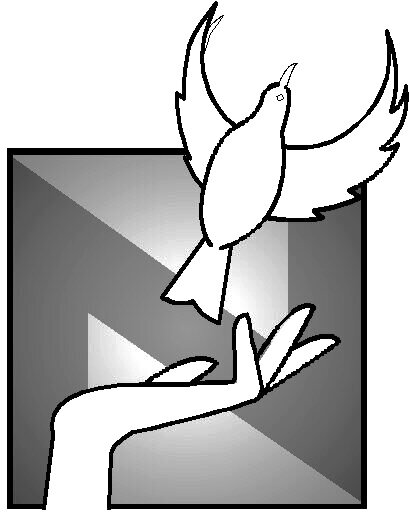How Do I Know My child Needs Therapy?
Many adults now acknowledge the benefit of a supportive professional as they face the challenges a divorce inevitably brings. But many parents are unsure at what point their child may be exhibiting signs that indicate a need for professional counseling.
Many of these signs are similar to the symptoms adults experience when undergoing severe stress.
Sleep disturbances
Some children wake with nightmares or have great difficulty going to sleep, saying they are afraid (of monsters, burglars, ghosts, etc.). Other children may regress to earlier sleeping patterns, such as sleeping with a favorite object, wetting the bed, or sleeping in a parent’s room. Children may also withdraw and hide in sleeping, which is more likely in teenagers and sleep longer hours than usual.
Eating changes
Some children under severe stress have difficulty with appetite. They may find their stomach hurts or feels upset and they may appear more picky than usual or refuse to eat at certain meals. Other children may find solace in food and try to nurture themselves by eating sweets and high fat foods. Both are signs that a child is not addressing directly their feelings of stress, anxiety or possible depression.
School problems
Teachers can often tell when there are problems at home just by observing a child’s behavior at school. A child who was once very social may isolate or even push peers away. Children can become aggressive, exhibiting the interaction styles they have witnessed between their parents.
Withdrawal
Some children withdraw and isolate when they are afraid or upset. When isolating children may be doing things that help them feel better, such as writing, drawing or listening to music. But a child may be feeling alone, left out, frightened and obsessing about how out of control their life feels.
Outbursts of anger or destructive behavior
Children who have been holding in how they feel will let it out at some point. If outbursts of anger (verbal or physical) are modeled by either of the parents, children are more likely to let this anger out in similar ways. Children’s anger and frustration need to be heard, not “fixed” or reasoned away.
Trying hard to get parents to reconcile
It is very normal for children to want their parents back together, but if a child becomes fixated on this activity it can be a sign of severe stress and fear. Some children try to get their parents back together by being exceptionally good so parents won’t fight about them, others will act out to try to get parents to focus on them rather than the separation.
Becoming the “perfect” child or confidant
Some children cope with the stress of a divorce by trying to take the place of the absent parent. They may try to make life easier for a parent, and in return deny their own natural needs as a child. This robs a child of having a healthy childhood and can cause serious problems later on in life.
Coping with a difficult custody battle.
Custody battles can take a grave toll on children. Often they are pulled this way and that and may even be asked by the court with which parent they wish to live. A child entangled in a complicated custody battle can almost always use some outside help and counseling.
While some of these signs may appear for a short period of time and in mild forms during any divorce, if they are present for a significant period of time (weeks or months) it is important for the child to be evaluated by a professional therapist. Children usually feel comfortable with a therapist who specializes in treating children or has children of their own. A therapist working with children should also have supplies on hand to help children feel comfortable sharing their feelings. Some common therapy tools are, drawing materials, such as crayons, markers, colored pencils, puppets, books, sand tray and toys.
Remember it is always appropriate to ask several therapists questions about how they conduct therapy before choosing one for your child. A therapist with experience in working with children should help your child feel comfortable in their office. Both parents and children need extra support when going through the challenges of divorce.
© 2004 Lois V. Nightingale, Ph.D. psychologist psy9503
Clinical Psychologist, 714-993-5343
Director of Nightingale Center in Yorba Linda, California.
Author of “My Parents Still Love Me Even Though They’re Getting Divorced”

